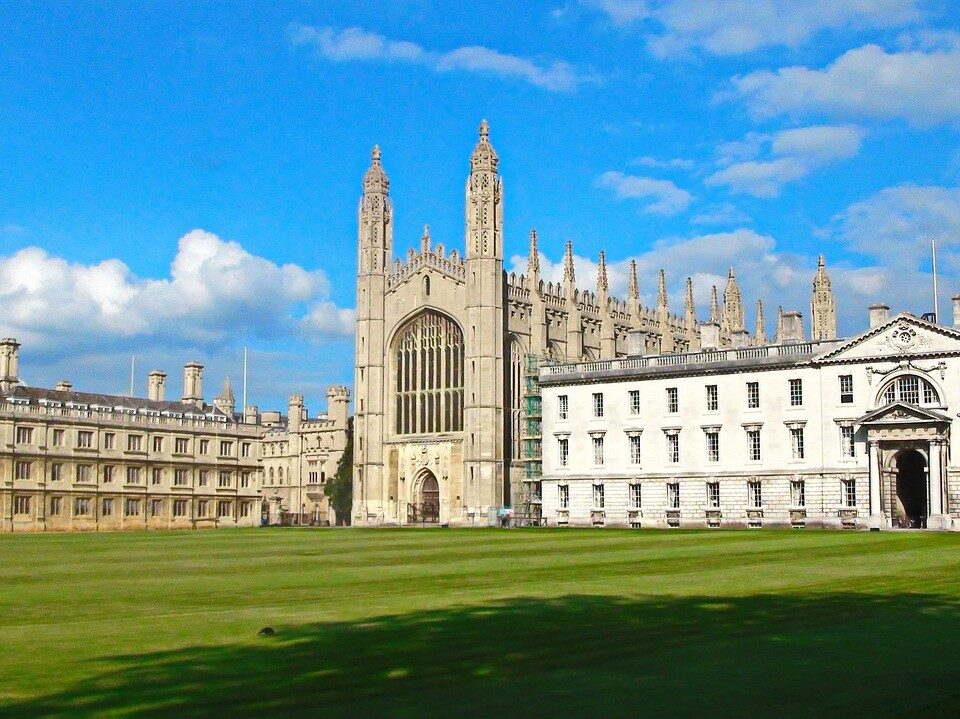
Your Guide to Relocating Abroad – Easiest Countries to Get a Work Visa in 2024
January 15, 2024
UK Student Visa Guide for Albanian Students
January 29, 2024Are you considering studying in Canada? With its high standard of living and world-class educational institutions, Canada attracts a significant number of international students each year. Before embarking on your educational journey, it’s crucial to understand the Canada student visa application process and requirements.
In Canada, a student visa is commonly known as a “study permit.” Ensuring you have the correct study permit for your international studies is vital. As Canadian study permit conditions can change rapidly, it is essential to stay informed by regularly checking the Immigration, Refugees and Citizenship Canada (IRCC) website for up-to-date advice.
Who can apply for a study visa to Canada?
To qualify for a study visa in Canada, you must meet certain criteria:
- Enroll at a Designated Learning Institution (DLI).
- Demonstrate the financial resources to cover tuition fees, living expenses, and return transportation for yourself and any accompanying family members.
- Adhere to the law, possess a clean criminal record, and provide a police certificate if required.
- Maintain good health and undergo a medical exam if necessary.
- Present proof of plans to leave Canada when your study permit expires.
Canada Student Visa Requirements
To successfully apply for a student visa, certain prerequisites must be met, and specific documents need to be prepared for the application process. One critical aspect influencing the approval of your study permit is your financial capability. The Canadian government requires assurance that you can sustain yourself financially throughout your academic journey, either through personal savings or with the support of a sponsor, such as a parent. Key documents needed for a Canadian Study Permit application include:
1. Admission Letter from a DLI (Designated Learning Institution)
Before applying for a study permit, securing acceptance from a recognized Canadian educational institution is imperative. This admission letter serves as evidence of your enrollment at a DLI.
2. Results from a Medical Exam and Police Check
Ensuring the well-being and safety of students, the Canadian government mandates a medical examination and a police check. These results demonstrate your eligibility and compliance with health and safety standards.
3. Two Passport-Sized Photos
Submission of two recent passport-sized photos of yourself is a standard requirement for identification purposes in your study permit application.
4. Proof of Financial Support
A crucial element in the application process is providing evidence that you can financially support yourself during your studies. This can be in the form of personal savings or sponsorship from a reliable source, such as a parent.
5. Biometrics
In certain cases, applicants may be required to provide biometric data. This involves a visit to an approved Visa Application Center in your country to complete the necessary biometric procedures.
Ensuring that you gather and present these documents accurately and comprehensively is vital for a successful student visa application. Meeting these requirements demonstrates your commitment to adhering to Canadian immigration regulations and enhances the likelihood of securing a study permit for your educational pursuit in Canada.
Read Also: Top 10 Reasons to Study in the UK
How to Apply for a Study Permit in Canada?
You can apply for a study permit in Canada through two methods: online or at a visa application center in your country. Once you receive an acceptance letter from a Canadian institution, it’s advisable to initiate the study permit application process promptly. The processing time varies depending on the country, taking up to three months in some cases. Understand the available options for applying, as certain circumstances may allow application at the port of entry to Canada.
Canada Student Visa Processing Time after Biometrics
Processing time is a crucial aspect of planning your journey. Once your biometrics are submitted, the study permit application process begins. We process most Student Direct Stream applications within 20 calendar days after receiving your biometrics if you meet the eligibility criteria. However, if your application doesn’t qualify for the Student Direct Stream, it will be reviewed as a regular study permit, with no expedited processing.
To gauge how long it takes to process a regular study permit application, consult the relevant information provided by IRCC.
Work while Studying
As an international student, Canada offers opportunities to work while studying. You can also assist your spouse or common-law partner in obtaining a work permit. Furthermore, there are provisions for working temporarily or permanently in Canada after you graduate. Specific policies may allow you to work more than 20 hours per week off-campus under certain conditions.
FAQs
How long does it take to get a Canada Study Visa after giving biometrics?
After providing biometric information, IRCC typically takes approximately 7 to 10 weeks to process your Canada study visa. The average Canada study permit processing time is 7 weeks. It’s important to note that this duration excludes the time required for biometric submission.
The IRCC aims to process study permit applications submitted from outside Canada in about 7 weeks. Keep in mind that this timeframe does not include the biometric submission period. Staying informed and understanding the processing timeline is crucial for planning your education in Canada.
Conclusion
Acquiring a Canada student visa involves navigating a detailed process. Understanding the requirements and processing times is essential for a smooth application journey. Regularly checking for updates on the IRCC website and staying informed about any changes will help you make informed decisions on your educational endeavor in Canada.




